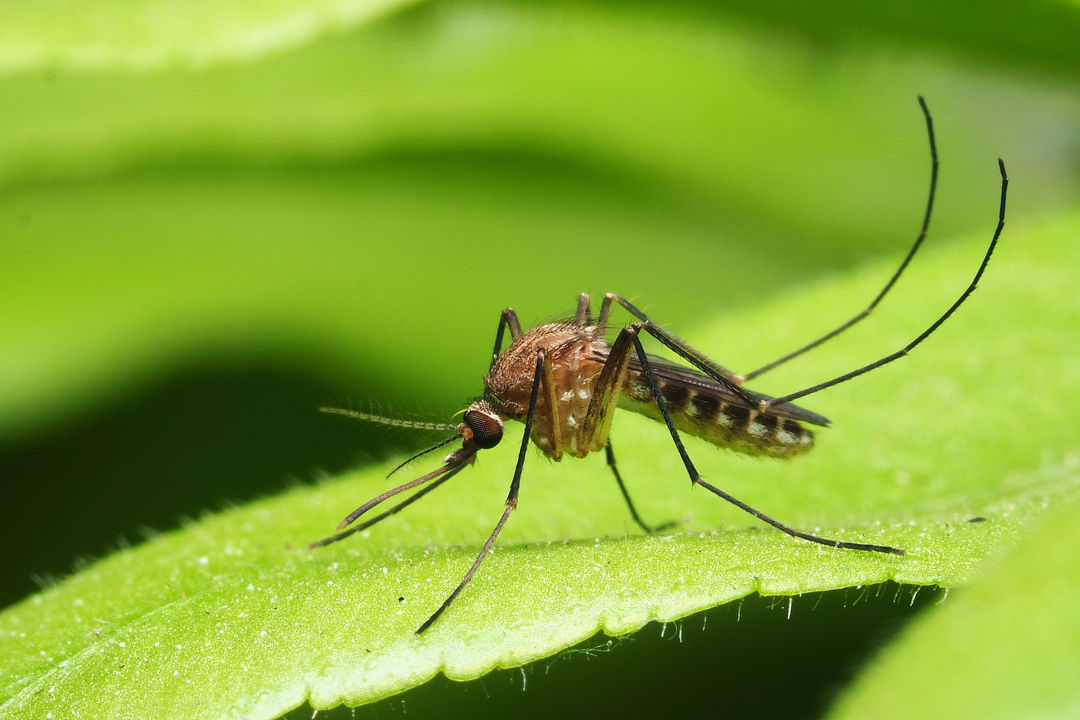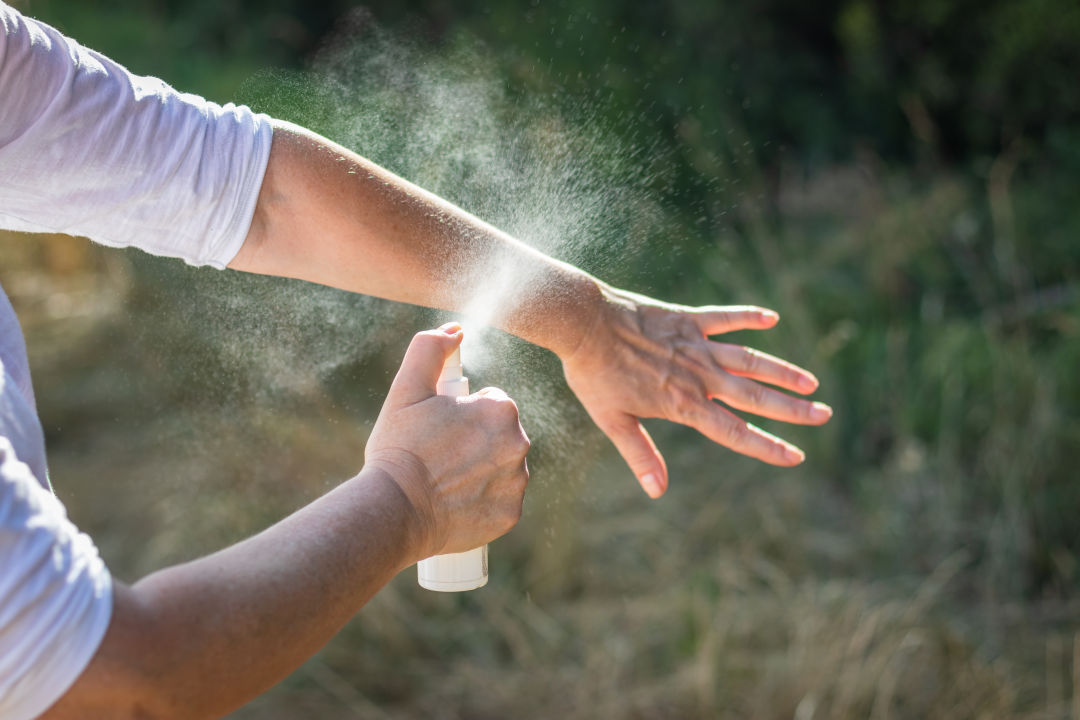Florida Health Department Issues Mosquito-Borne Illness Alert in Response to Sarasota Malaria Cases

Image: jiade/Shutterstock.com
In response to four confirmed cases of malaria in Sarasota residents, the Florida Department of Health has issued a statewide mosquito-borne illness alert. This follows local advisories issued by county health departments earlier this month.
According to reporting in the Sarasota Herald-Tribune, the Sarasota Department of Health confirmed that all of the malaria cases were contracted locally, meaning the disease was transmitted by a mosquito in the Sarasota region.
Malaria is not transmitted from person to person. Only infected Anopheles mosquitoes can transmit malaria to humans. Symptoms include fever, chills, sweats, nausea/vomiting, and headache; local residents experiencing them should seek immediate medical attention. Effective treatment is readily available through hospitals and other healthcare providers.
The Florida Department of Health says it is working with local partners and county mosquito control to conduct aerial and ground mosquito spraying to mitigate the risk of further disease transmission. On Anna Maria Island, for example, Manatee County teams have sprayed four times in the last two weeks; Sarasota County has followed a similar schedule throughout the county, according to its Facebook page.
To prevent mosquito-borne illness, the health department advises that residents take precautions including wearing long-sleeved shirts and pants, applying bug spray and avoiding areas with high mosquito populations, especially during sunrise and sunset when mosquitos are most active.
Repellents with DEET, picaridin, oil of lemon eucalyptus, para-menthane-diol, 2-undecanoate, and IR3535 are considered effective, and mosquito netting can be used on children younger than two months old. See below for more tips on repellent use.
Additionally, residents should drain standing water to stop mosquitoes from multiplying, including in garbage cans, house gutters, buckets, pool covers, coolers, toys, flowerpots, plastic swimming pools or any other containers where sprinkler or rainwater has collected. Discard old tires, drums, bottles, cans, pots and pans, broken appliances and other items that aren't being used, empty and clean birdbaths and pet water bowls at least once or twice a week, and protect boats and vehicles from rain with tarps that don’t accumulate water and maintain swimming pools in good condition and keep appropriately chlorinated. Repairing broken screening on windows, porches, patios and doors is another effective way to avoid mosquitoes.

Apply insect repellent that contains DEET (10-30%), picaridin, oil of lemon eucalyptus, para menthane diol, 2-undecanoane or IR3535.
Image: encierro/Shutterstock
Tips on Mosquito Repellent Use
Always read label directions carefully for the approved usage before you apply a repellent. Some repellents are not suitable for children. In protecting children, read label instructions to be sure the repellent is age appropriate. Mosquito repellents containing oil of lemon eucalyptus or para menthane diol should not be used on children under the age of 3. DEET is not recommended on children younger than two months old.
Avoid applying repellents to the hands of children. Adults should apply repellent first to their own hands and then transfer it to the child’s skin and clothing.
Apply insect repellent that contains DEET (10-30%), picaridin, oil of lemon eucalyptus, para menthane diol, 2-undecanoate or IR3535. These products are generally available at local pharmacies. Look for active ingredients listed on the product label.
Apply insect repellent to exposed skin, or onto clothing, but not under clothing.
Treat clothing and gear with products containing 0.5% permethrin. Do not apply permethrin directly to the skin. Always follow the manufacturer’s directions.
If you need help choosing a skin-applied repellent, the Environmental Protecting Agency has a search tool to help. Click here to use it.
In addition to malaria, the Health Department conducts statewide surveillance of West Nile virus infections, Eastern equine encephalitis, St. Louis encephalitis, chikungunya, and dengue. For more information, click here or call (941) 861-2873.



